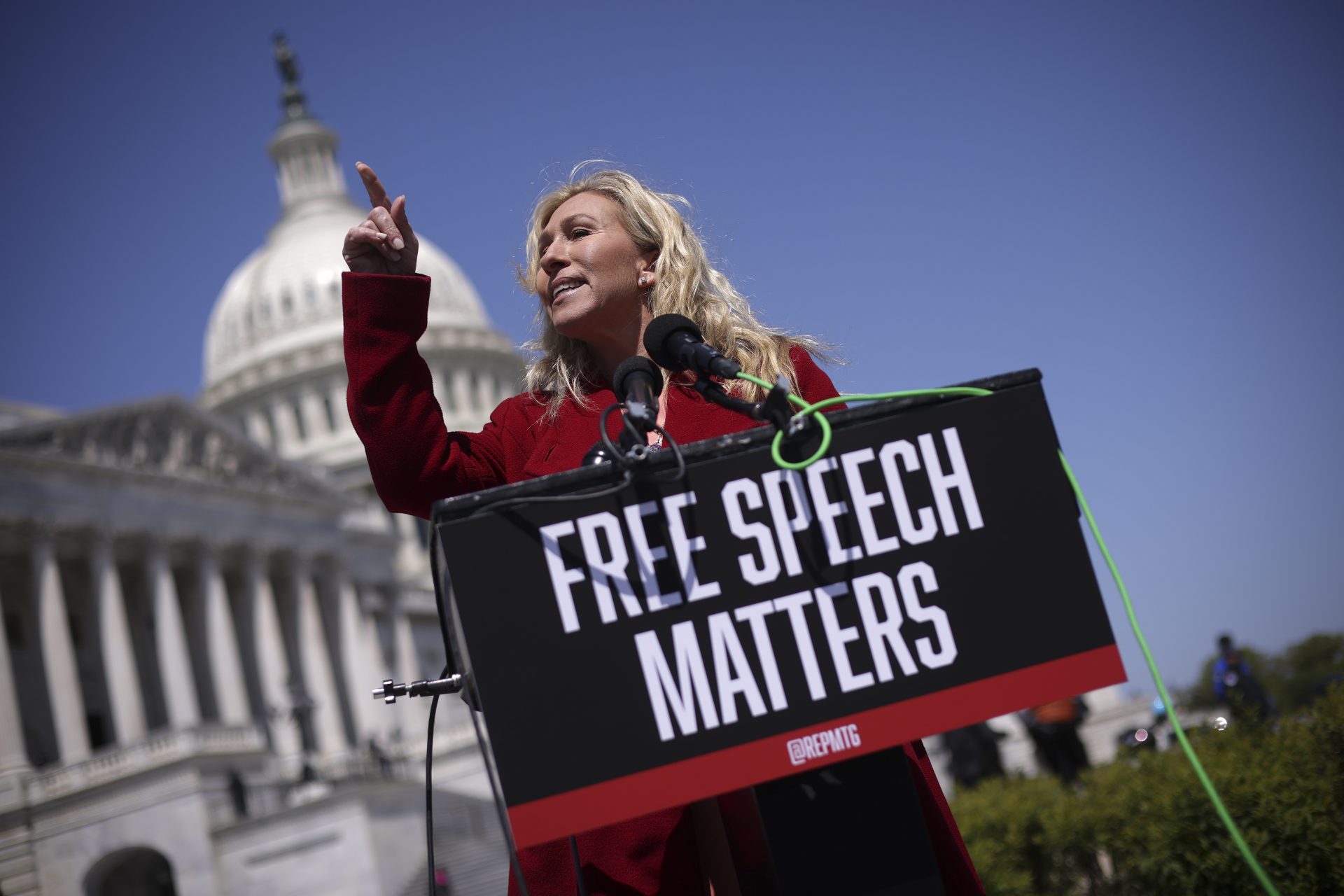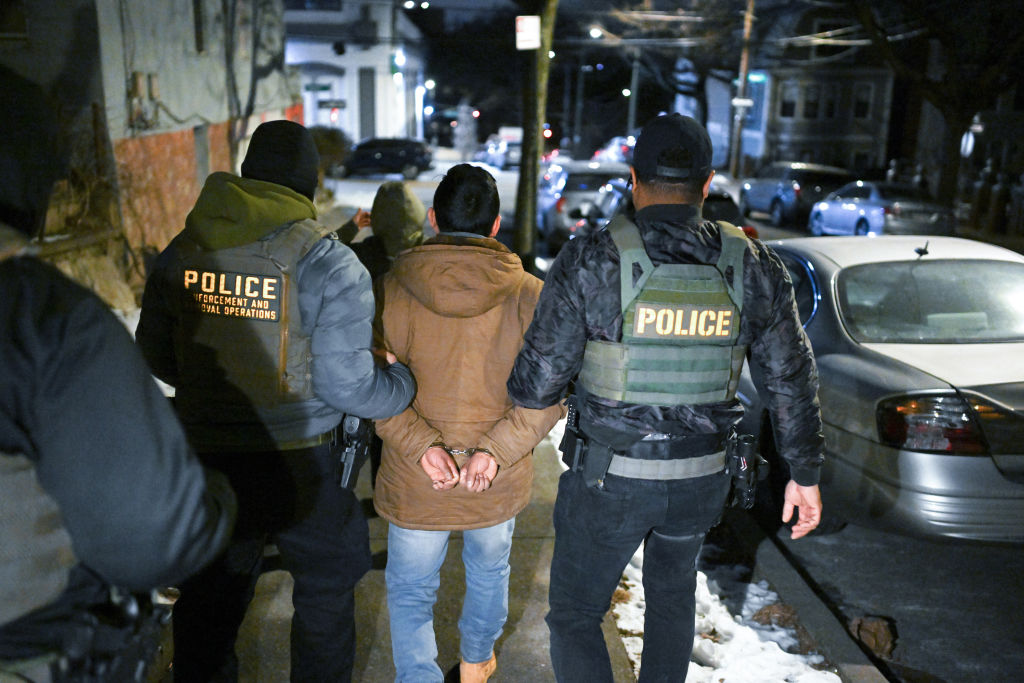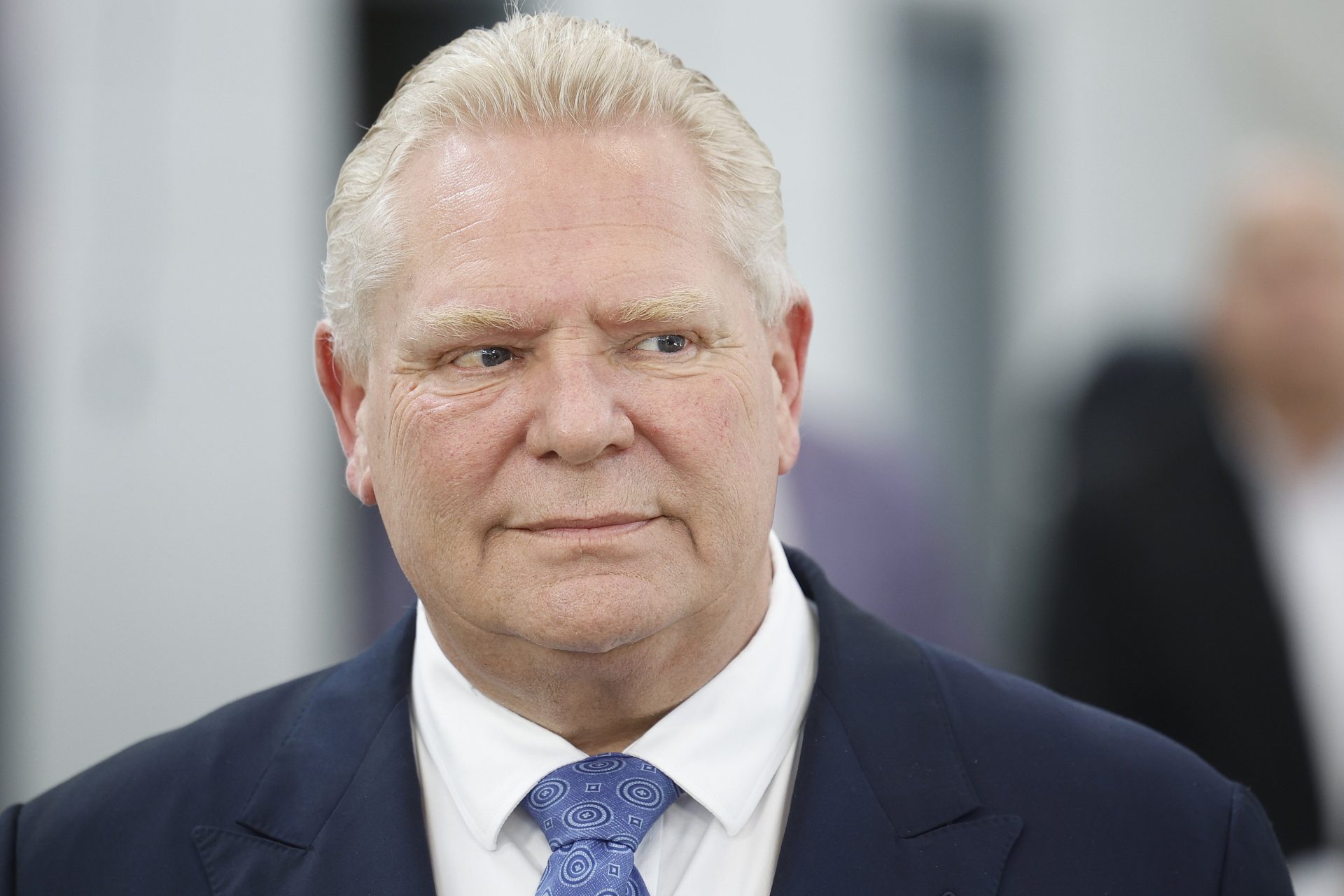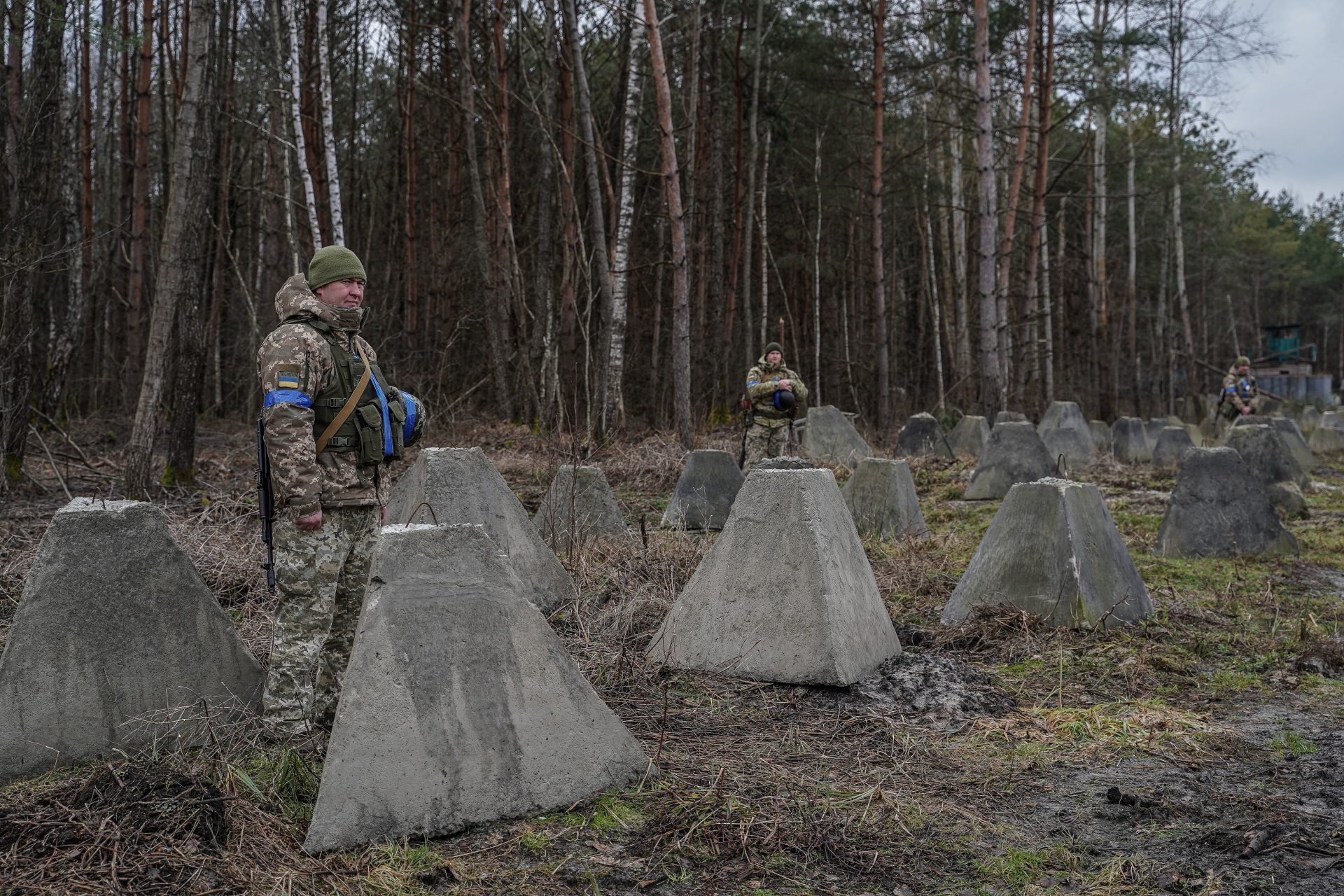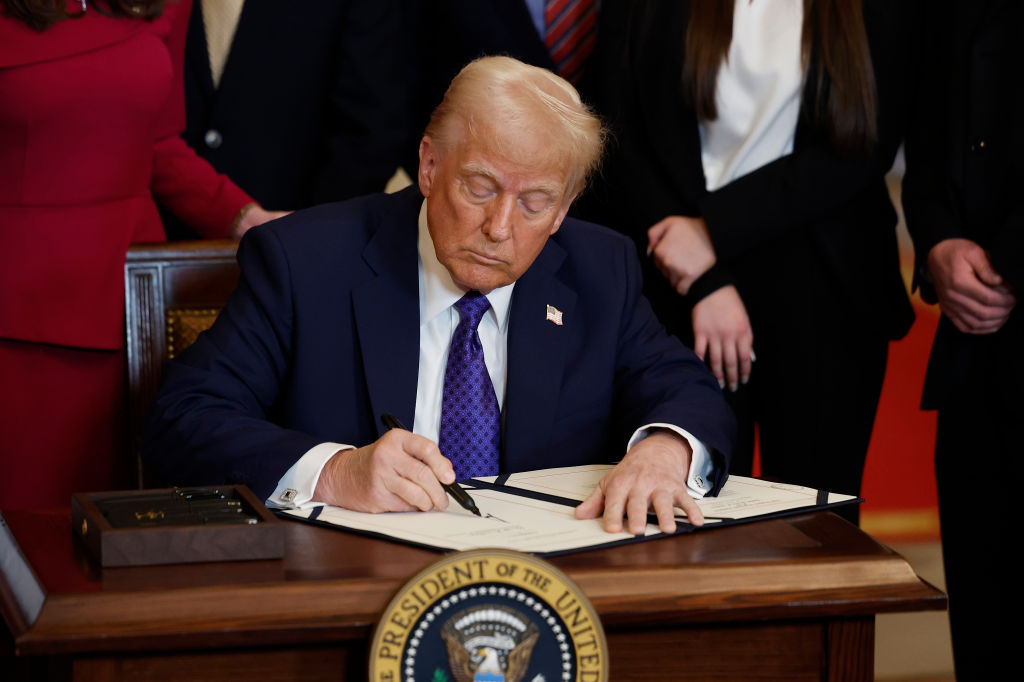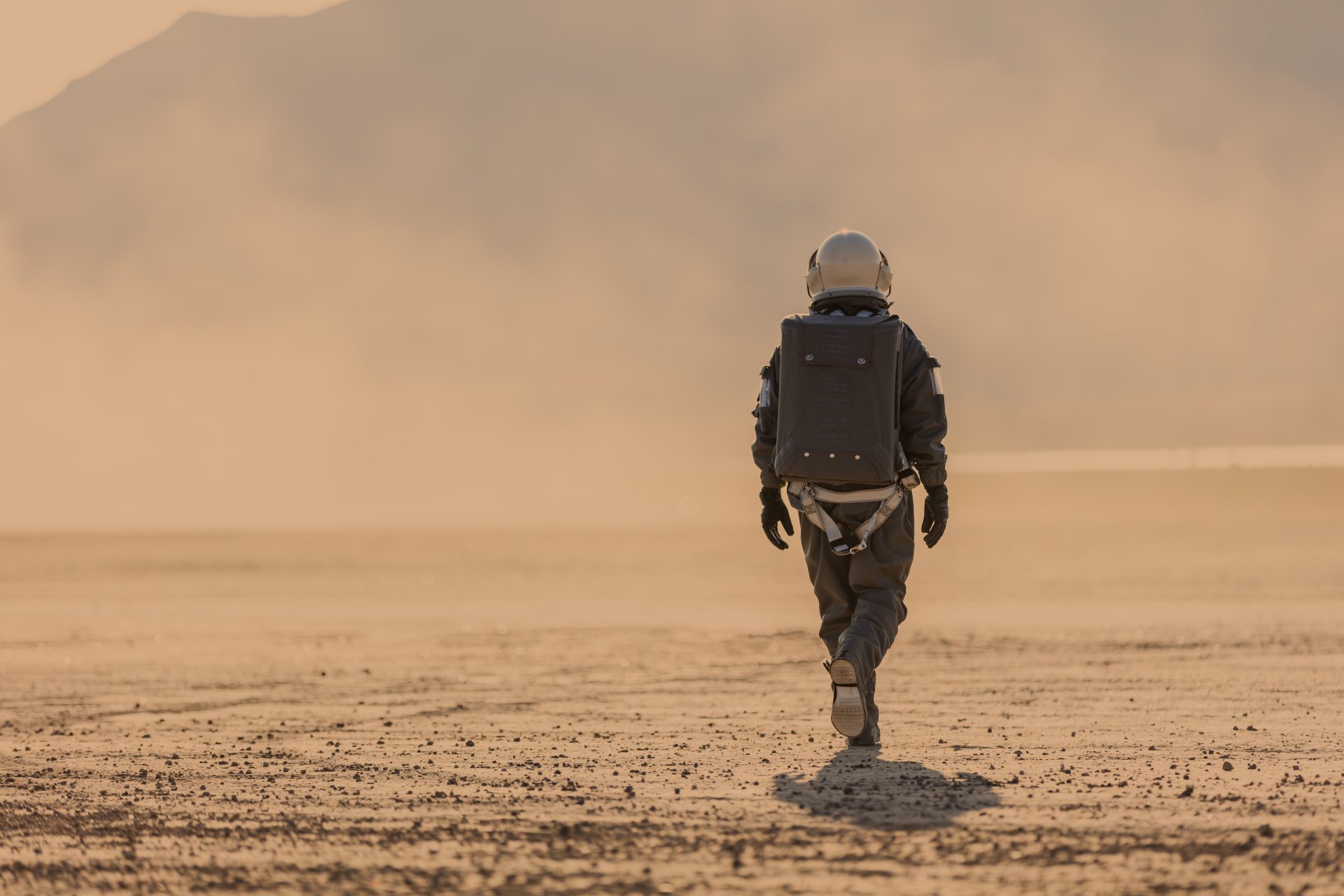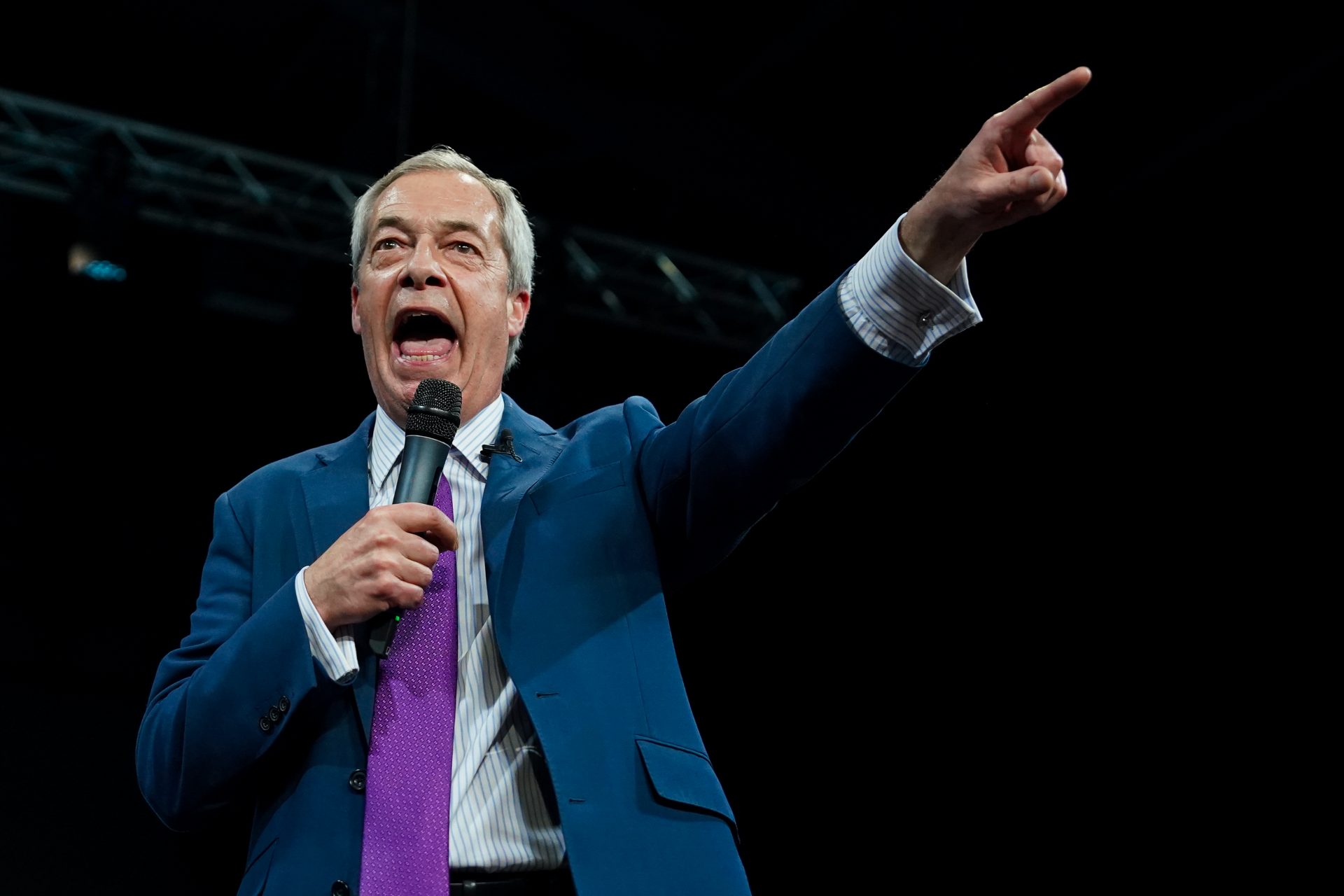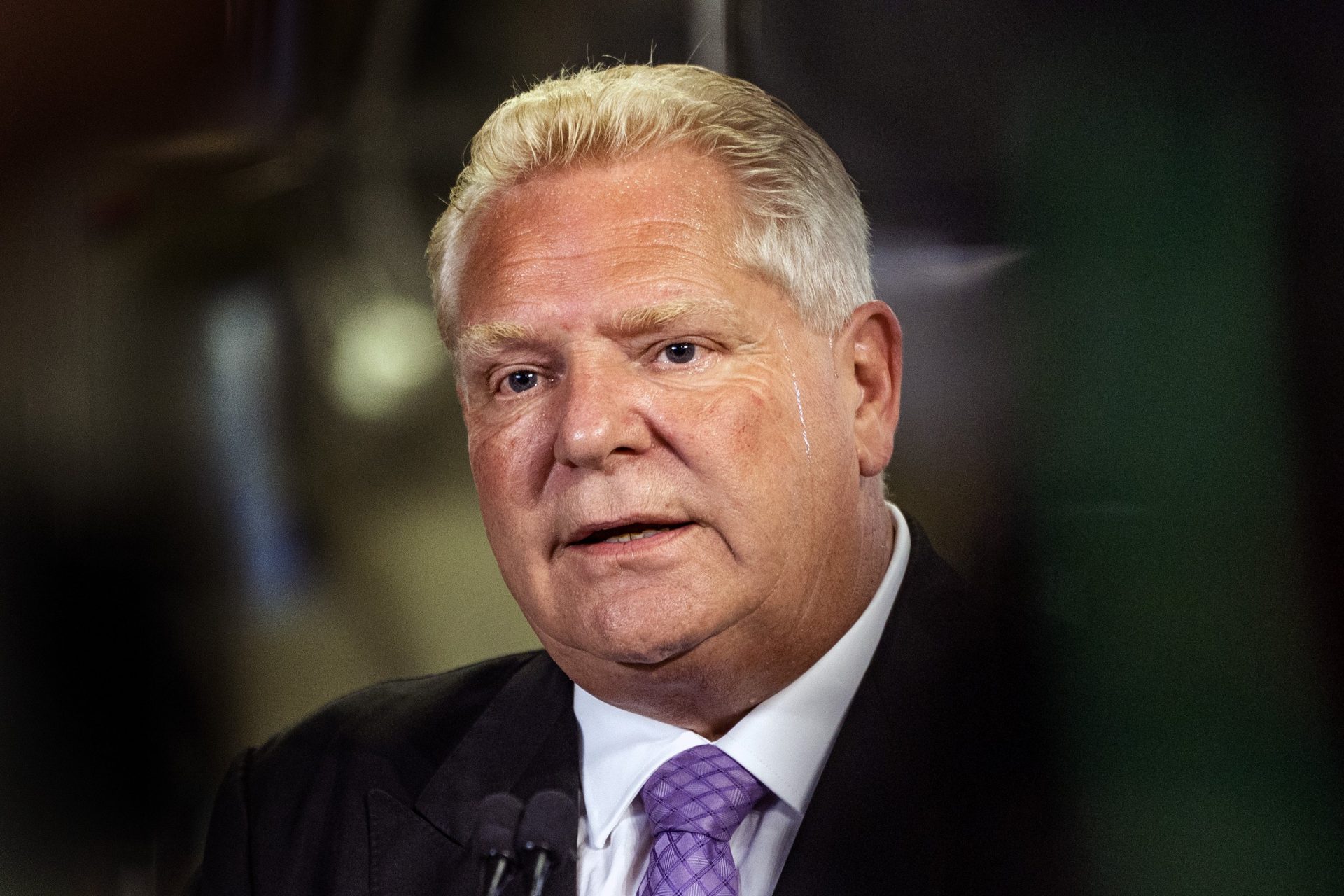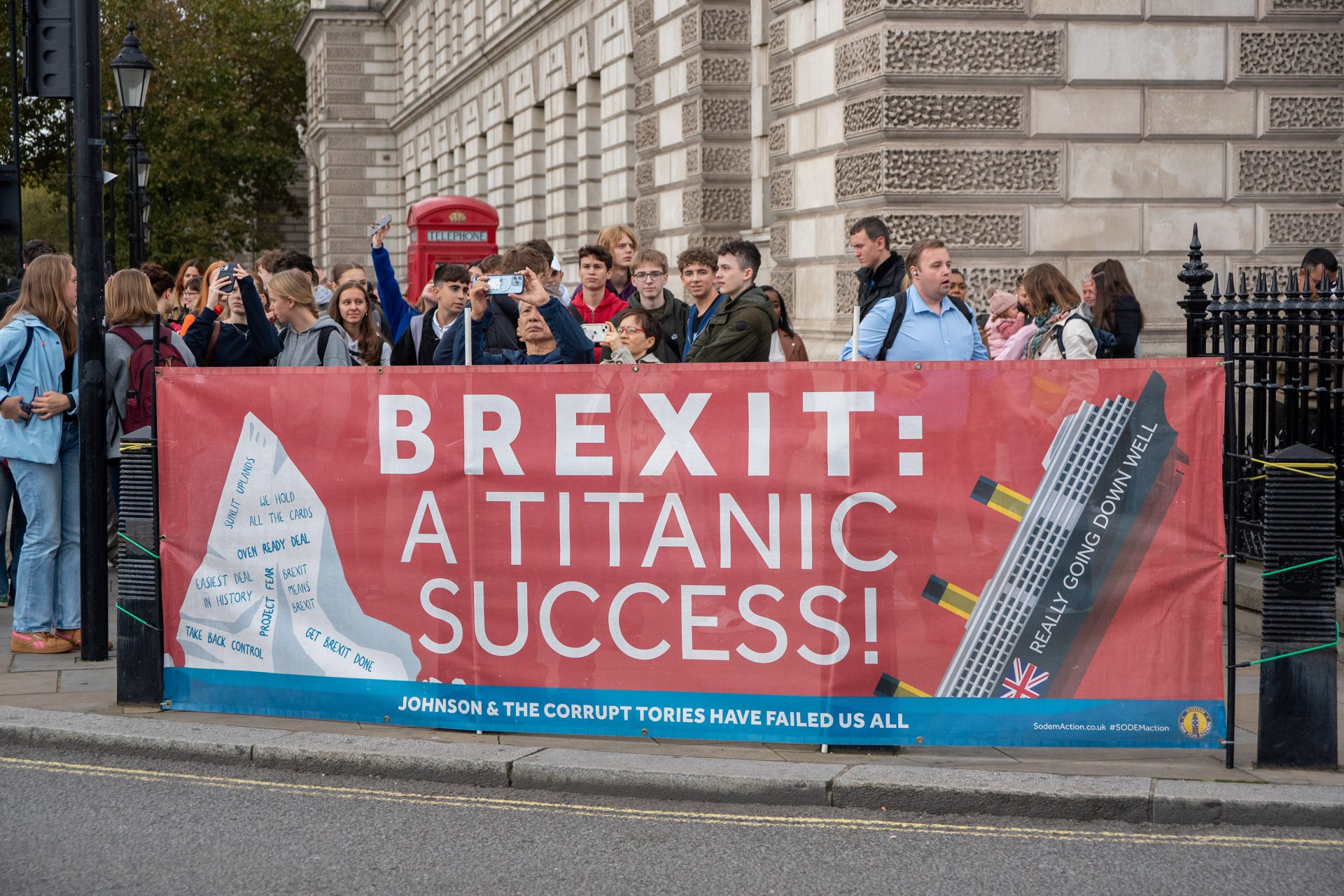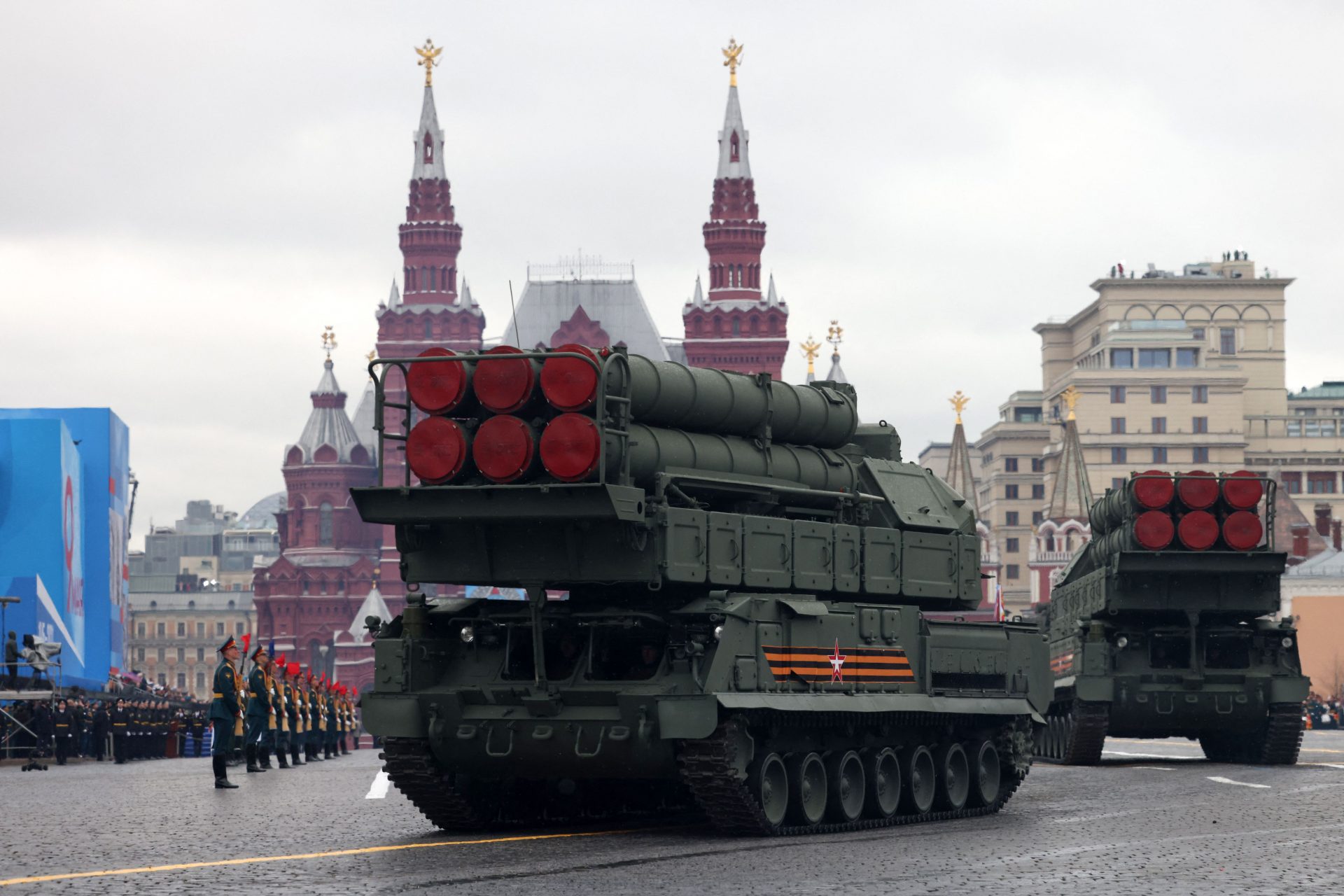Over a year of war: how 'the special military operation' in Ukraine has affected the lives of Russians
More than a year has gone by since Putin shocked the world with his "special military operation" in Ukraine. Russian civilians and Ukrainians alike could not believe it was really happening.
Many Russians have started to feel the pain of Putin’s war after over a year of fighting with little end in sight.
International sanctions have taken hold of the country’s economy and fear of renewed calls for mobilization are leading more and more young people to seek refugee outside of the Russian Federation.
But what about those men and women still living in Russia? How do they feel about a war that has seen the death of upwards of 43,000 Russian servicemen and the ruin of the country’s reputation worldwide?
“The mood in Moscow and the country is now extremely gloomy, quiet, intimidated, and hopeless,” said 34-year-old Lisa, who declined to give her last name in an interview with CNN Moscow reporters Frederik Pleitgen, Claudia Otto, and Ana Archen.
“The planning horizon is as low as ever.” Lisa said, “People have no idea what might happen tomorrow or in a year.”
Western products are becoming increasingly scarce in the country as the sanctions imposed on Putin’s regime have finally started to really take effect on Russian households.
“Familiar goods disappear, starting from toilet paper and Coca-Cola, ending with clothes…Of course, you can get used to all this,” Lisa noted, but she also mentioned that she doesn’t understand how Western sanctions will help to end the war.
“I do not really know how this helps in resolving the conflict, because it affects ordinary people, not those who make decisions,” Lisa said.
But reinforcing negative consequences for bad global behavior is the point of imposing sanctions on foreign nations. They’re meant to deter countries from disturbing global order by economically punishing those who seek to disrupt it.
Banned from participating in global payment systems, facing ever-increasing restrictions on trade products, and forbidden from importing most western technological goods, Russia has been suffering greatly under the Western sanctions regime.
The country was pushed into a recession on November 17th, 2022 and its economic outlook has only continued to fall.
Bank of Russia Chair Elvira Nabiullina warned lawmakers in December of 2022 that the economic picture would worsen. "We really need to look at the situation very soberly, with open eyes," she told the Russian Duma, according to news agency Interfax.
More worrying for Russian officals than the increasing anger over sanctions are the growing protests from citizens worried about future mobilizations and military draftees being forced to fight in Ukraine.
Olga Tsukanova, the mother of a 20-year-old draftee from the Astrakhan region, participated in a protest in St. Petersburg after a Russian official twice tried to pressure her son to sign a voluntary contract to fight in Ukraine.
"He is an ordinary civilian," Tsukanova said. "I understood that if I don't do something quickly, he would be transformed from a draftee into a contract soldier in order to participate in the 'special military operation,'" the mother told CNN.
“They are constantly pushing him, pressuring him” Tsukanova continued. "Every day a colonel or some other officer comes and pressures them to sign contracts."
This kind of pushback from its citizens has forced Russia to address the issue publically, and on November 25th, 2022, the Kremlin televised a sit-down meeting between President Vladimir Putin and a group of grieving mothers to help quell growing discontent.
But for all the growing economic and political hardships forced on Russian citizens, many still view the war in Ukraine as one against the West rather than Ukraine.
Denis Volkov, director of the Levada Center in Moscow, has stated that "The majority of Russians see it as a conflict, not exactly with Ukraine, but with the West about Ukraine."
"Public opinion was consolidated behind the Russian leadership — we saw this so-called rally-behind-the-flag effect," Volkov said.
Based on six months of data collection and polling, the Levada Center has cited that nearly 70% of Russians still support the war in Ukraine, something that is stronger among the older generation.
These views can still be easily viewed on Pro-Russian Telegram channels where one can read chilling comments where some Russians are calling on government officials to use nuclear weapons to win the war, a prospect the world hopes will not be taken up by Russian officials rather than the peaceful resolution of a terrible situation.
More for you
Top Stories


























